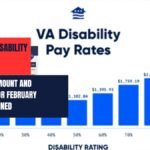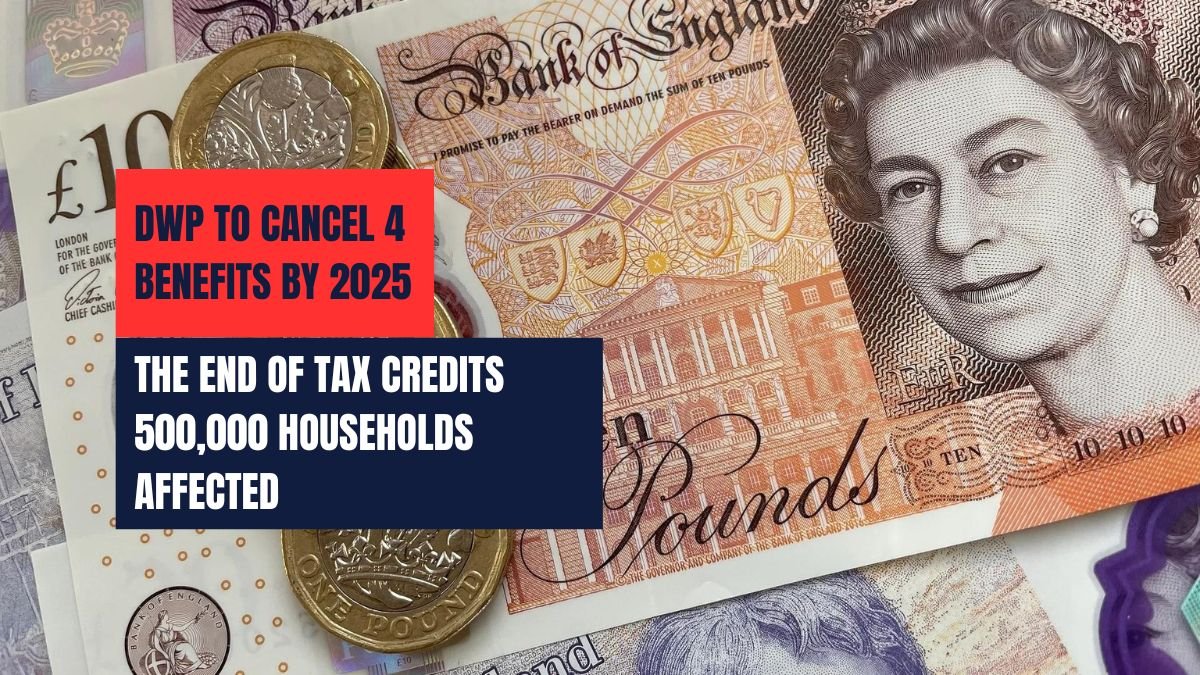The Department for Work and Pensions (DWP) will be canceling four old-style benefits by the end of the 2024-25 financial year. This transition is part of a broader effort to move all remaining recipients of Working Tax Credit, Child Tax Credit, Jobseeker’s Allowance, and Income Support onto Universal Credit. The change aims to simplify the benefits system and save taxpayer money, but it also brings significant changes for the individuals and families affected.
DWP is Cancelling 4 Benefits
Approximately 500,000 households currently receiving one or both types of tax credits will be affected by this transition. These households must claim Universal Credit by May 2024, or their payments may be cancelled. In addition, recipients of Income Support, Jobseeker’s Allowance, and Housing Benefits will also be migrated to Universal Credit.
The affected groups include:
- Working Tax Credit recipients: Support for individuals and couples with low earnings.
- Child Tax Credit recipients: Financial assistance for families with children.
- Jobseeker’s Allowance recipients: Benefits for those who are unemployed and actively seeking work.
- Income Support recipients: Support for individuals with low income, including carers and single parents.
Timeline for Transition
The DWP has established a timeline to guide the transition process and minimize disruptions:
| Date | Affected Group |
|---|---|
| April 2024 | Working-age households on Income Support and those claiming Tax Credits with Housing Benefit |
| June 2024 | Housing Benefit-only claimants |
| July 2024 | Employment Support Allowance claimants who also receive Child Tax Credits |
| August 2024 | Tax credit claimants over State Pension age (apply for either Universal Credit or Pension Credit) |
| September 2024 | Jobseeker’s Allowance claimants |
Support and Adjustments
The government recognizes the challenges that come with transitioning to Universal Credit. To help, additional support will be provided through various channels. Employment Minister Jo Churchill has emphasized that the department is actively responding to feedback and resolving issues quickly to reduce complaints. The DWP is committed to improving its services to ensure a smooth transition for all affected individuals.
Financial Implications for Tax Credit Recipients
As the transition progresses, HMRC has announced new payment levels for those still receiving tax credits. These will be the final increases before the complete move to Universal Credit. The updated amounts are listed below:
| Tax Credit Type | New Payment Amount | Previous Payment Amount |
|---|---|---|
| Working Tax Credit | ||
| Basic element | £2,435 | £2,280 |
| Couple and lone parent element | £2,500 | £2,340 |
| Disabled worker element | £3,935 | £3,685 |
| Severe disability element | £1,705 | £1,595 |
| Childcare costs for 1 child | £175 (no change) | £175 |
| Childcare costs for 2 or more children | £300 (no change) | £300 |
| Child Tax Credit | ||
| Family element | £545 (unchanged) | £545 |
| Child element | £3,455 | £3,235 |
| Disability element, disabled child rate | £4,170 | £3,905 |
| Disability element, severely disabled child rate | £1,680 | £1,575 |
Why the Change?
The government’s decision to phase out these benefits is part of a strategy to simplify the welfare system and reduce administrative costs. Universal Credit consolidates multiple benefits into a single payment, making it easier to manage while reducing the chances of overpayments and fraud. Additionally, the transition is expected to save taxpayers money by shutting down outdated systems like the tax credit system managed by HMRC and other old-style benefits managed by the DWP.
Conclusion
While the transition to Universal Credit is intended to streamline the benefits system, it also represents a significant change for many households. Those affected will need to adapt to the new system and may experience changes in the support they receive. The DWP has committed to helping claimants through this process, but staying informed and proactive is crucial to avoid disruptions in benefits. As the deadline approaches, it is essential for all eligible households to successfully transition to Universal Credit to secure their financial support during this major change.
Visit Home
FAQ’s
What benefits are DWP cancelling after the 2024-25 financial year?
The DWP is cancelling Working Tax Credit, Child Tax Credit, Jobseeker’s Allowance, and Income Support. Affected households will need to transition to Universal Credit.
When will I receive notice to move to Universal Credit?
The DWP has a timeline for sending out-migration notices. You may receive a notice anytime between April and September 2024 depending on your current benefits.
What financial changes can I expect when moving to Universal Credit?
While most benefits will transition to similar levels under Universal Credit, some tax credit payments will be adjusted. It’s important to check the new rates and plan accordingly.





